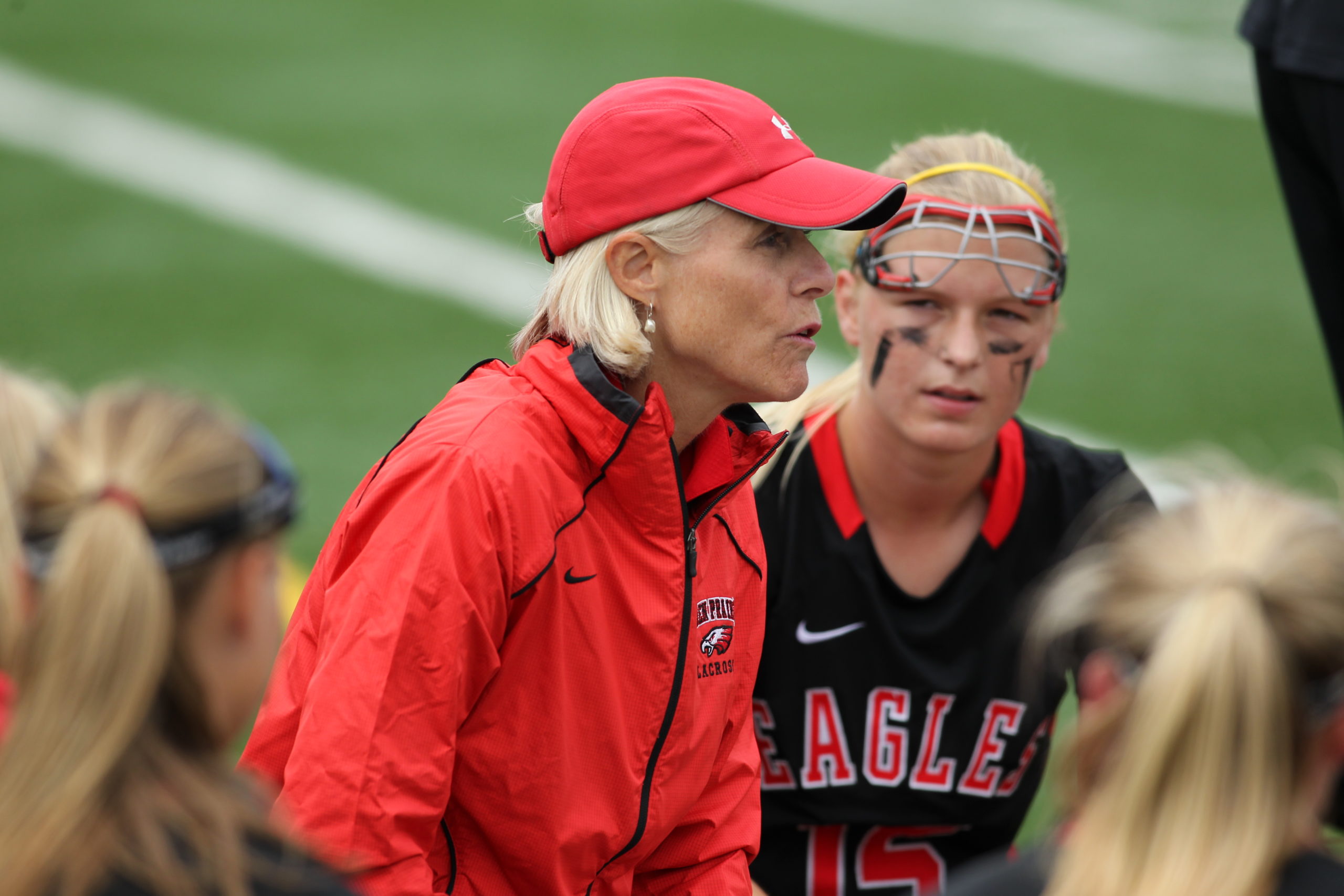
Why Do We Coach The Way We Do?
Have you ever given any thought to where your coaching philosophy came from? Why do you coach the way you do? Joe Ehrmann, the author of InSideOut Coaching states, “When I started coaching I hadn’t thought through the need to clarify why I was coaching or how I was coaching. I just coached the way I had been coached—or the way I had seen others coach—for better or, more typically for worse.” To become aware of how our coaching philosophy was formed and developed, we must take an in-depth look at our life experiences—we must examine our past.
Ehrmann states the process of examining our past begins by answering the following questions regarding the coaches who impacted us. In doing so, we can gain insight into the values and beliefs we acquired from each of them. This in-depth look at where our coaching philosophy originated begins by reflecting on and answering the following questions:
- How positive was our playing experience? How negative?
- What did we learn from each coach? What do we wish we hadn’t?
- What were our developmental needs? Were they met?
- How did the coach make us feel about ourselves?
- Did the coach shape and mold our character in a positive or negative way?
- How did the coach treat our teammates?
- Was there a consistent moral or ethical dimension to their coaching?
- How do I feel about the coach now that I am an adult?
There is a higher level of awareness that occurs when we go inside of ourselves and look at our personal experiences. Taking an in-depth look at how we were influenced will bring to light why we coach, interact and respond to the students on our team the way that we do.
The way we interact with our students reflects the way our past coaches interacted with us when we were students. Our responses are habitual, a part of our routine, and come from those who influenced us. Ehrmann shares, “My coaching was a hodgepodge of unsorted, memory-driven impulses thrown at my players. I gave little fore-thought to their effect or effectiveness. I did not look inside, account for my behavior, and adjust it before it reached the outside and turned into lifelong, and sometimes hurtful, memories for my athletes.”
Is the way we interact with our students damaging them or helping them to grow? Are we Transactional or Transformational coaches?
Do we see our students as human “doers” whose worth comes from their performance? If yes, we would be defined as a Transactional coach. We look for what we can get out of coaching and not what we can give; we ignore the athlete’s developmental needs and instead define our own success based on our students “doings.” Our identity, purpose, and self-worth come from our students’ performance.
Coaches who see their students as human “beings” operate from a much different place. These Transformational coaches believe young people can grow and flourish in and through sports. They intentionally create a place where students want to be, not because of what they “do,” but instead, simply because they are human beings.
It takes caring, intentional, and transformational adults to create a place where students are accepted simply because they “are.” For this to happen, we must recreate our coaching philosophy by incorporating the positive things obtained from our past that should be carried forward, and by averting the negative things that damaged us when we were students. We didn’t have a choice about who our coaches were, but we do have a choice about the kind of coaches we are. We must make a conscious choice about the kind of coach we want to be and what we want our students to learn and obtain from us.
Becoming aware of why we coach, interact and respond to students the way we do and actively pursuing positive change to our own habitual responses will have a life-long impact on the students we coach. Educator Fred Rogers states, “It’s true that we take a great deal of our own upbringing into our adult lives; but it’s true, too, that we can change the things that we would like to change. It can be hard, but it can be done.”
Our students are counting on us to do what is hard and become intentional about why we coach the way we do. Our choices will have a life-long impact on the students we coach.